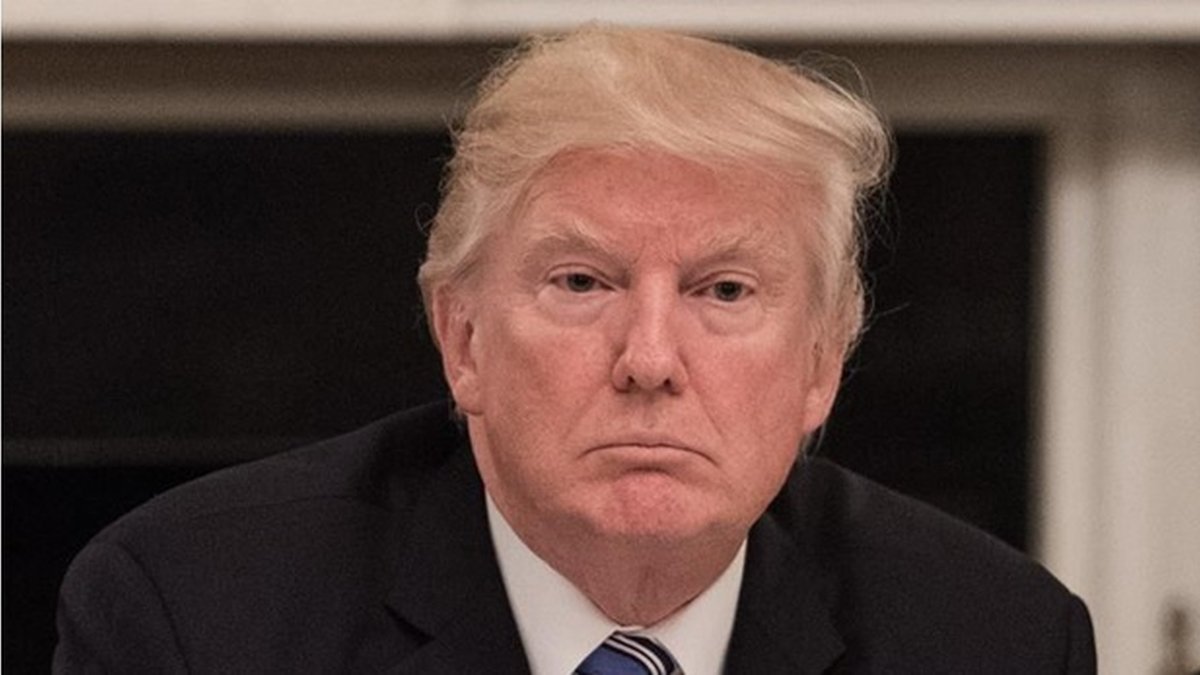
Trump administration says Tehran complied with terms of 2015 agreement but violated 'spirit' of the deal.
The Trump administration has for the second time declared that Iran is complying with the nuclear deal, but threatened more sanctions for breaching the "spirit" of the agreement.
The announcement came just hours before the midnight deadline for US President Donald Trump to inform congress whether Iran had met the terms of the 2015 nuclear deal.
"The conditions have been met, based on information available to the United States," one official said during a briefing with reporters on Monday.
In a shift from Trump's campaign promise to "rip up" the "worst deal ever", officials said that the administration was working with US allies to try to fix the agreement's flaws, including the expiration of some nuclear restrictions after a decade or more.
Officials also said that the United States would slap new sanctions on Tehran, penalizing the Islamic Republic for developing ballistic missiles and for contributing to regional tensions
They emphasized several long-standing US concerns about human rights abuses and Iran's alleged support for "terrorism" in the region.
Trump and the administration "judge that Iran is unquestionably in default of the spirit" of the agreement, one official said.
That assessment carries no legal force, while Trump's certification that Iran is complying with the agreement clears the way for sanctions to remain lifted.
When Trump made the first certification in April, he paired it with new sanctions for non-nuclear behavior to show there was no softening in his stance towards Iran.
While no details of any additional sanctions have been given, officials said on Monday they expected more sanctions would eventually be laid out.
"We do expect that we will be implementing new sanctions that pertain to Iran's ballistic missile program and fast boat program," one official said.
'Contradictory signals'
Speaking before the administration's announcement, Iranian Foreign Minister Mohammad Javad Zarif said they had received "contradictory signals".
"We don't know which one to interpret in what way," Zarif said.
Iran in the past has complained that US administration has failed to lift sanctions in line with the deal.
Under the 2015 agreement, Iran agreed to roll back its nuclear program - long suspected of being aimed at developing atomic weapons - in return for billions of dollars in sanction relief.
The deal does not address global concerns about Iran's non-nuclear activities but also does not prevent the US and others from punishing Iran for those activities.
'Chilling effect'
Monday's last-minute decision by the president exposed deep and lingering divisions within his administration about how to deal with a top national security issue.
Trita Parsi, president of the National Iranian American Council, told Al Jazeera that he is not surprised that such divisions exist.
"I don't think [Trump] fully understands the consequences of scrapping [the deal]. I think his advisers do and they were tasked with finding a way to scrap it without causing a crisis, without isolating the United States," he said.
"Six months into the Trump administration, they still have not managed with find a way."
Parsi added that Trump's strategy is "developing into creating as much of a chilling effect as possible in order to deprive Iran of the benefits of being in compliance with the hope that the Iranians will scrap the deal, will walk out of it and by that the Iranians will pay the price of the collapse of the deal, not the Trump administration".
Withdrawing from the deal would put further distance between Trump and foreign leaders who have said there is no appetite for renegotiation.
The state department must make a decision on Iran's compliance every 90 days.
Source: Al Jazeera and news agencies
عدد القراءات: 35





